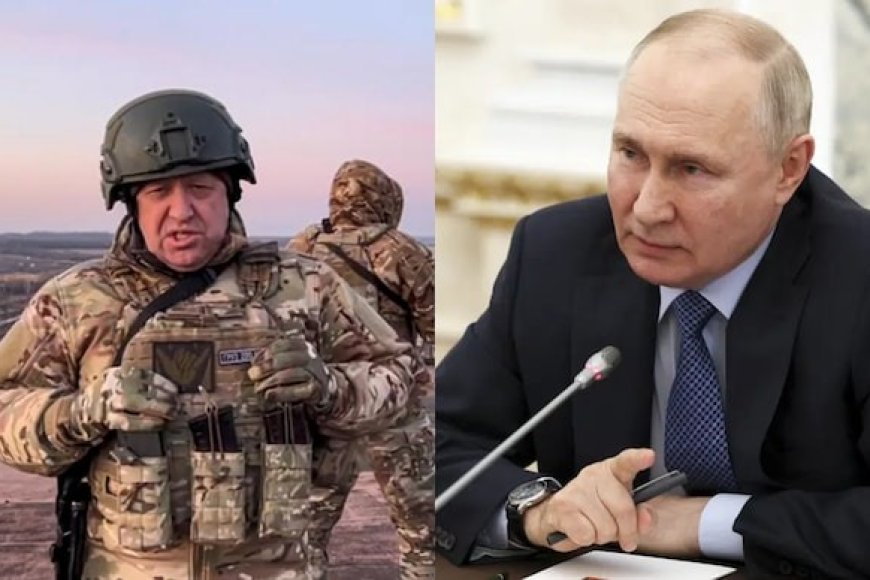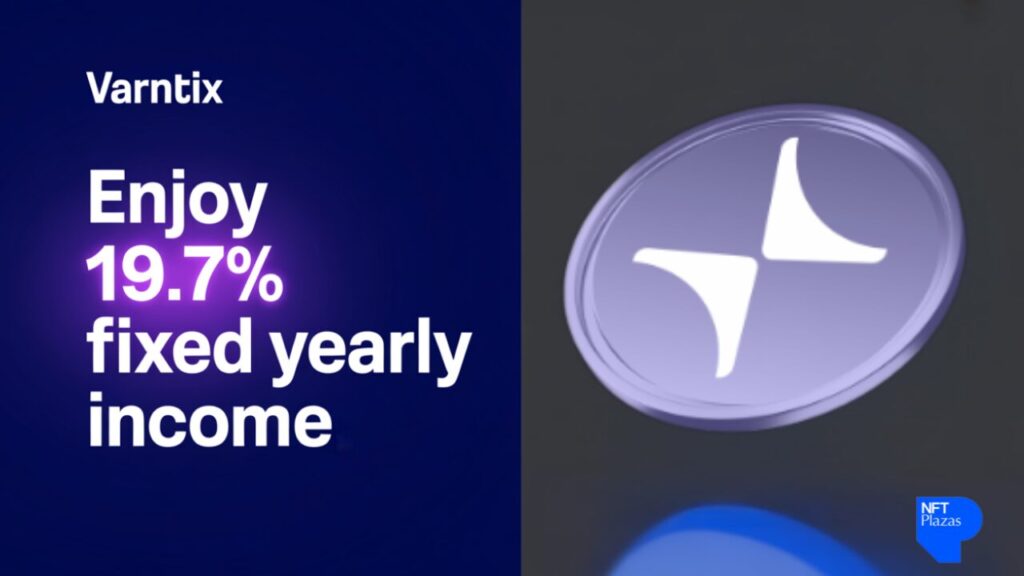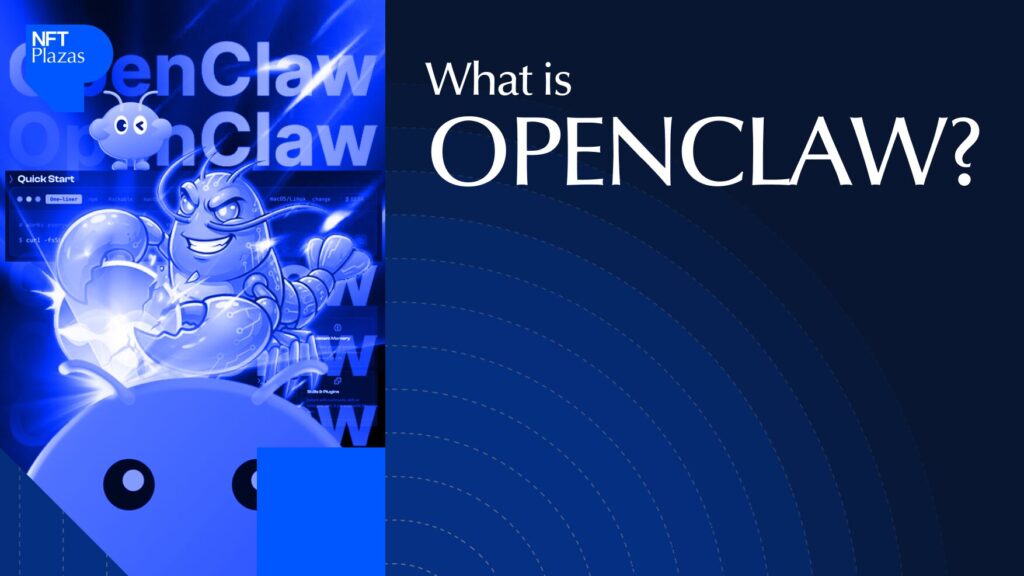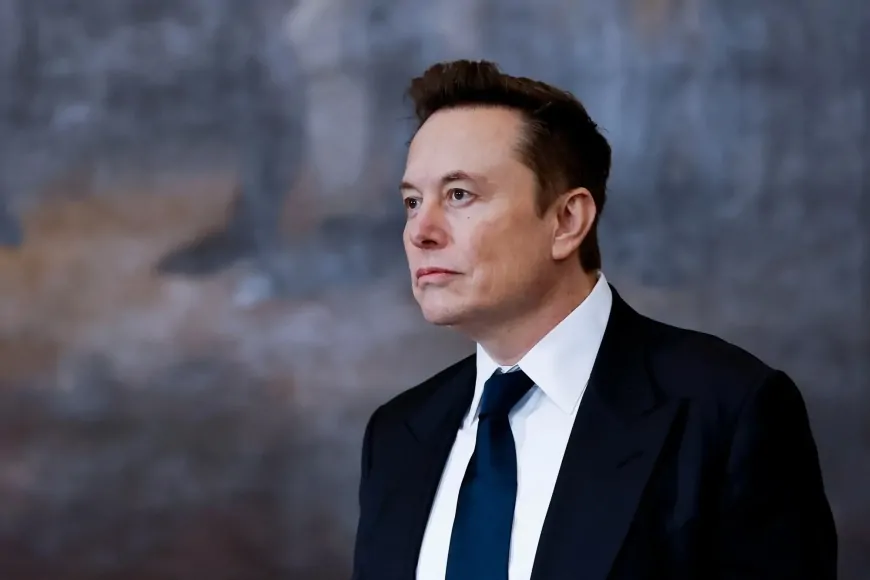
In a shocking turn of events, the crisis in Russia takes a dramatic twist as Yevgeny Prigozhin, the leader of the notorious Wagner Group, directly challenges the authority of Russian President Vladimir Putin. This unprecedented act of defiance has sent shockwaves through the nation, posing a significant threat to Putin’s decades-long rule.
The rebellion unfolds against the backdrop of the Ukrainian conflict, where Wagner mercenaries have been deployed for months, playing a substantial role in Europe’s largest conflict since World War II. However, the situation has rapidly escalated, with the Ukrainian counteroffensive gaining momentum, targeting the very areas where Wagner’s mercenaries have been stationed for an extended period.
President Putin, in a televised address to the nation, sternly denounces the military rebellion as an act of “treason” against Russia. He vows to retaliate harshly against those involved, considering the uprising a betrayal amidst the ongoing war in Ukraine.
Undeterred by Putin’s threats, Prigozhin remains defiant, proclaiming that he and his troops will not surrender to the President’s demands. He asserts that his forces are composed of patriotic individuals who responded to the Kremlin’s call to join the conflict in Ukraine. Prigozhin argues that they seek to liberate Russia from the clutches of corruption, deception, and bureaucracy, echoing a desire for genuine change.
As the standoff continues, the question arises as to whether Prigozhin can sustain his momentum or if the rebellion will ultimately fizzle out, giving the Kremlin an opportunity to regain control. While Putin maintains the support of Russia’s military hierarchy, the reaction of the army’s lower ranks remains uncertain. Tatyana Stanovaya, founder of the political consulting firm R.Politik, highlights the potential unpredictability of individual soldiers when faced with orders to open fire.
The international community, particularly the United States and Europe, closely monitors the escalating feud between Prigozhin and Russia’s defense establishment. The United States and its European counterparts are keenly aware of the gravity of the situation, as it could have far-reaching implications for regional stability.
Prigozhin’s recent declarations have caught the attention of German officials, who previously believed he was acting on Putin’s behalf. They now view his actions as part of a larger plan to consolidate the President’s power by allowing military leaders to engage in internal power struggles.
To address the growing unrest, security measures have been tightened in Moscow, with heightened security around government buildings, while riot police remain on high alert. The Russian government has opened a criminal case against Prigozhin, and the Federal Security Service is actively seeking his apprehension.
President Putin engages in diplomatic discussions with Turkish President Recep Tayyip Erdogan, who expresses unwavering support for the Russian authorities in the face of the crisis. Putin also holds phone conversations with Belarus President Alexander Lukashenko and his Kazakh counterpart Kassym-Jomart Tokayev, seeking to gather support during this tumultuous period.
As the crisis unfolds, global leaders grapple with the implications and risks associated with potential leadership changes within the Wagner Group. The absence of a suitable replacement for Prigozhin could lead to further challenges, as the Russian military would struggle to manage a diverse group of mercenaries, including individuals with criminal backgrounds.
The eyes of the world are fixated on Russia, as the crisis threatens to upend the country’s stability and test the strength of Putin’s leadership. The outcome of this power struggle remains uncertain, with potential ramifications that extend beyond Russia’s borders, leaving international observers on edge.
Also Read: Elon Musk Announces Tesla’s Interest in Investing in India After Meeting with PM Modi











